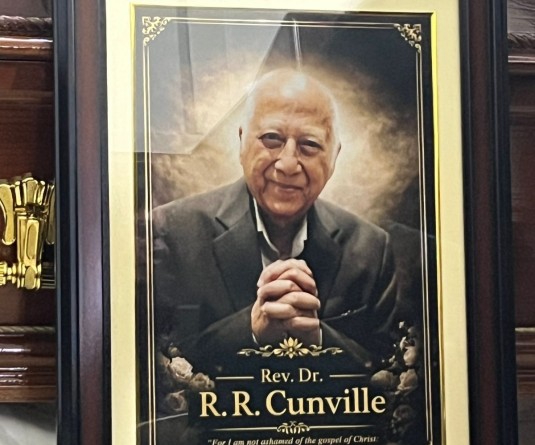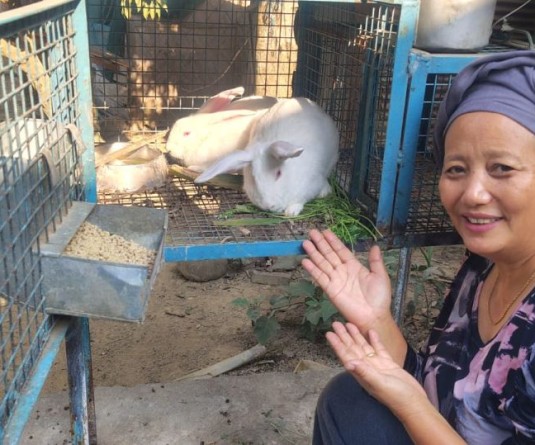
Takasungba Imchen
Good intentions often pave the way for unintended consequences and the mushrooming of unions in Nagaland is of no exception, a growing concern now. It demands careful scrutiny.
Nagaland, traditionally a collective society, has witnessed a surge in unions, associations, and organizations. While these groups may have been formed to address specific needs, their proliferation has raised concerns about their implications. The financial burden on the public is onerous, with unions relying on taxes, membership fees, and donations. Moreover, the formation of multiple unions has led to fragmentation within the Naga fabric, creating divisions based on wards, colonies, regions, villages, and tribes. Some unions tend to exercise roles as authorities, dictating terms to individuals who may not even be members. This trend is concerning, as it undermines the autonomy of individuals and communities. Not all unions are necessary or beneficial; some may burden the general public with taxation and fund collection. Additionally, some unions host extravagant feasts yet fail to assist their members. So, what's the use of such unnecessary unions?
The formation of village subordinate unions outside their jurisdiction is particularly problematic. For instance, a village union may have subordinate units in Dimapur or Chümoukedima, which can lead to the creation of unintended financial burdens. Given that Nagas are a collective entity of tribes, it would be more practical to have tribe-level unions or subordinates rather than village-level unions fragmenting the community and burdening its own people. People are not forced to join, but it has become an obligation to join.
It's essential to reassess the role and necessity of unions in Nagaland. While some may be beneficial, others may be unnecessary and burdensome. Nagas need to re-evaluate their priorities and work towards strengthening their collective identity rather than allowing fragmentation to divide them. Sadly, Nagas often see a person who works in unions or multiple unions as being respected and valued, and criticize those who don't, such is the flawed mentality of the Naga public.
Moreover, it is crucial for Nagas to understand the difference between Hohos, village councils, and unions. Hohos and village councils are traditional governing bodies that play significant roles in decision-making and community management, often guided by Naga Customary Laws. Unions, on the other hand, are organizations formed for specific purposes. However, it is questionable whether unions should exercise Naga Customary Laws or if their use of these laws constitutes a misinterpretation. The application of Naga Customary Laws should ideally be within the purview of traditional institutions like Hohos and village councils, rather than unions that may not fully understand or respect these laws.
Be part of society, let it shape you, but also learn to question and stand up for yourself when needed. Organisations form out of necessity, but today many of those organisations have lost their real sense of existence, becoming mere formalities rather than driving meaningful change.





